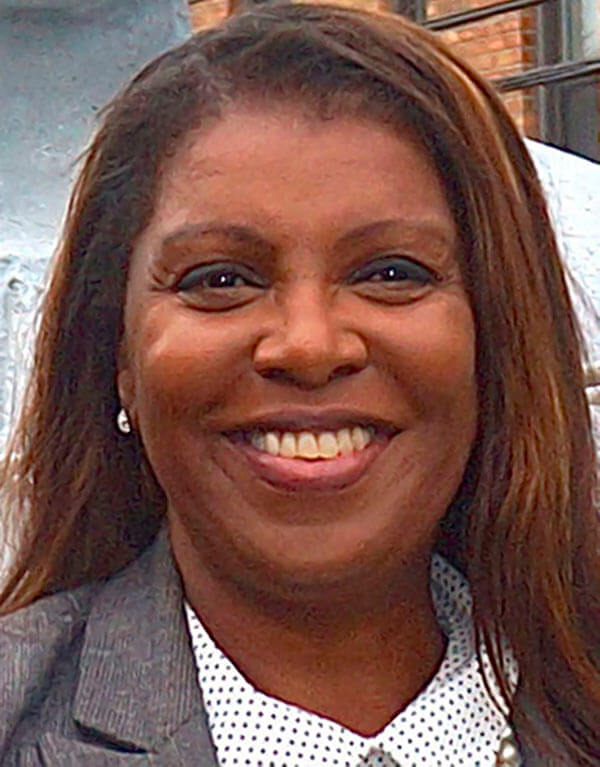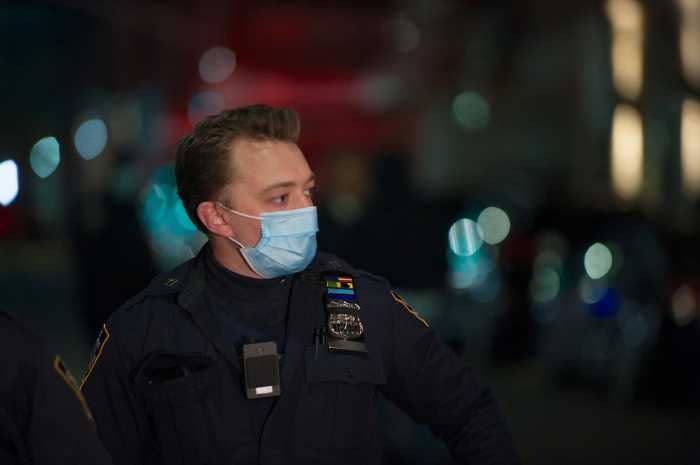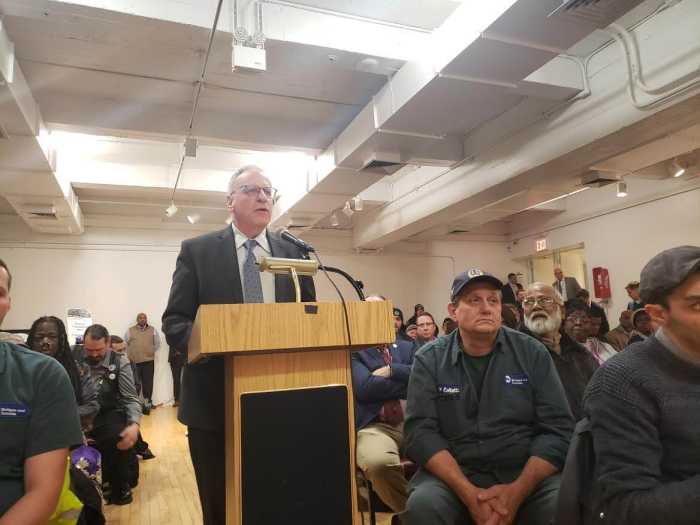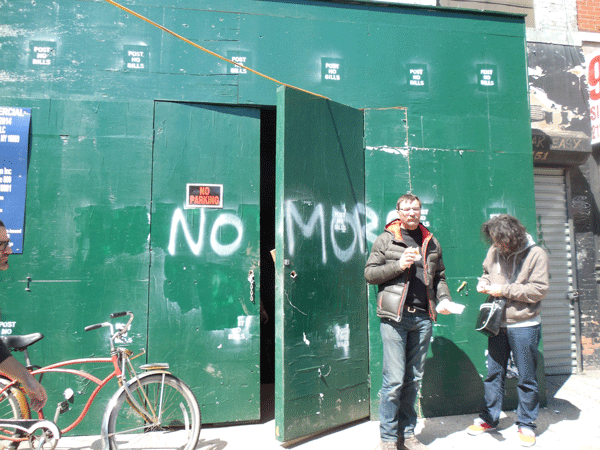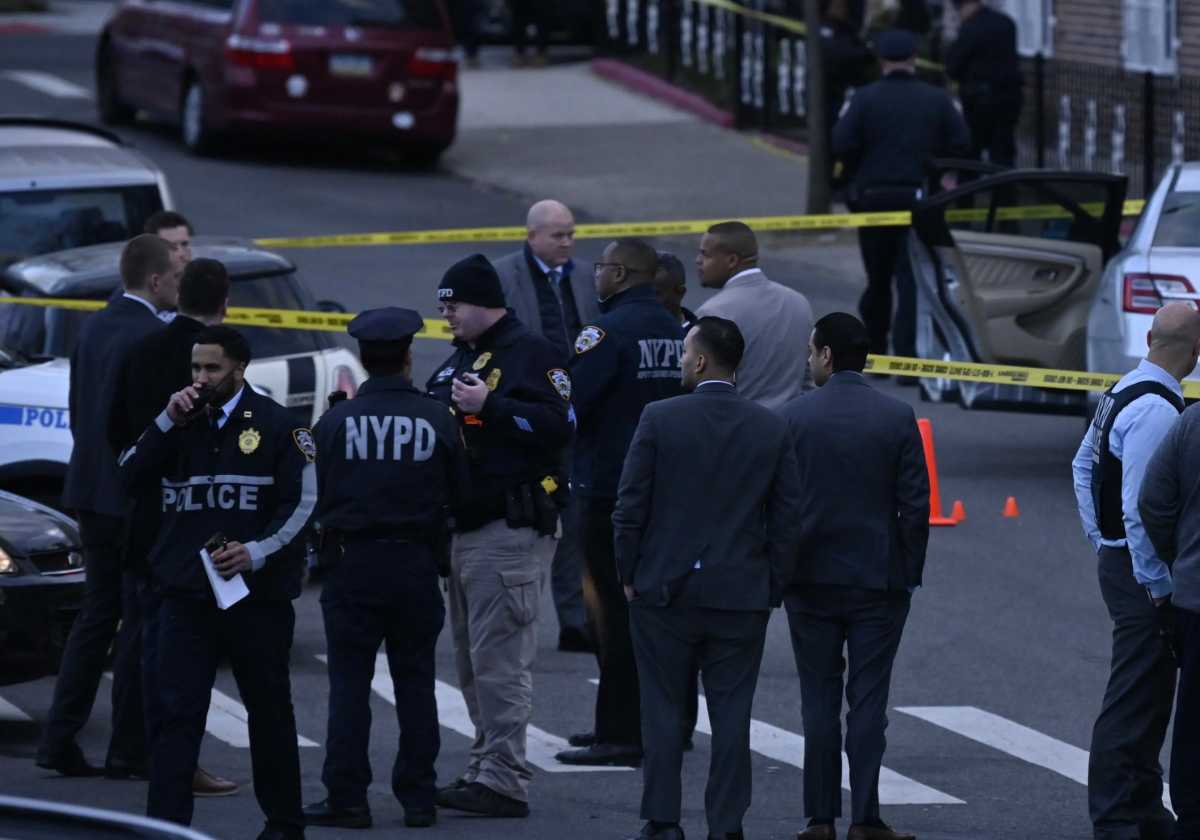Millions of people throughout the five boroughs are eagerly awaiting their stimulus checks following mass layoffs and furloughs during the COVID-19 crisis.
On April 17, New York Attorney General Letitia James threw down the hammer when she announced that debt collectors cannot garnish those wages and if they do, they will be prosecuted.
James issued guidance to banking institutions, creditors and debt collectors, making clear that financial relief provided through stimulus payments are exempt from garnishment under New York law. The CARES Act authorized the U.S. Department of Treasury to send billions of dollars to Americans struggling as a result of the economic fallout of the coronavirus, but these emergency stimulus payments were not designated as exempt from garnishment, allowing debt collectors to potentially benefit before consumers.
“As the coronavirus crisis continues to wreak havoc on our society, I will do everything in my power to protect the wallets of every New Yorker,” James said. “We are taking concrete action to ensure debt collectors keep their hands off New Yorkers’ stimulus payments.”
Under New York law, certain types of property, including public benefits like public assistance, social security and veterans’ and retirement benefits are exempt from garnishment or other legal process by a judgment creditor.
After Congress passed the law, but still left vulnerable Americans susceptible to predatory creditors, James led a bipartisan coalition of 25 states in calling on Treasury Secretary Steven Mnuchin and the Trump Administration to ensure CARES Act payments would be exempt from garnishment, but, to date, the Treasury Department has refused to do so.
Since the beginning of the COVID-19 outbreak, the Office of the Attorney (OAG) General has sent out more than 1,200 cease and desist orders, to businesses across the state that have been suspected of charging excessive prices for hand sanitizers, disinfectant sprays, rubbing alcohol and essential food items and groceries, a violation of New York’s price gouging statute.
The OAG has also sent 13 cease and desist letters to individuals and companies selling and marketing certain products as preventive treatments or cures for the coronavirus and has sent 78 cease and desist orders to companies providing medical transportation services to Medicaid recipients that are violating the state’s requirements prohibiting medical transports with more than one occupant per vehicle during this crisis.
“Misrepresenting the effectiveness or authenticity of products relating to COVID-19 is extremely reckless, and puts vulnerable communities at an even greater risk,” James said. “By giving consumers false information, all four companies are giving consumers a false sense of security, which can have an adverse effect on the containment and treatment of COVID-19.”

